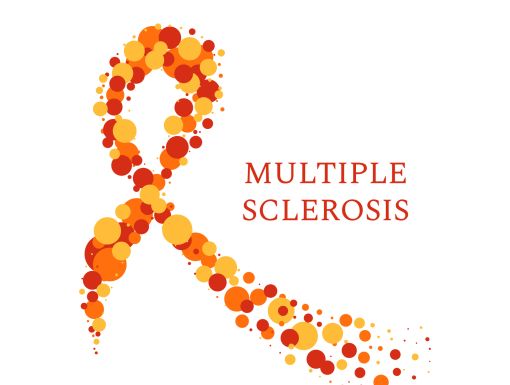
What Is Kesimpta? Is The Medication Used to Treat Multiple Sclerosis?
There has been massive growth in treating multiple sclerosis over the past 30 years. Betaseron, the first FDA-approved MS therapy, arrived in 1993. Today, in 2023, there are 24 available disease-modifying treatments, with many more in current clinical trials. These include oral, injectable, and intravenous infusion options that place fluids, including drugs, into the bloodstream. Multiple sclerosis providers can now present several disease-modifying treatment options to patients and personalize care based on the patient’s individual needs and preferences.
What is multiple sclerosis?
Recent findings from a National Multiple Sclerosis Society study estimate that there are nearly 1 million people in the United States and over 2.8 million people worldwide living with MS. Multiple sclerosis is an autoimmune disease in which immune cells attack myelin, the fatty coating around nerves in the brain and the spinal cord. This process, called demyelination, can lead to symptoms throughout the body, including difficulty walking, visual impairment, bladder and bowel dysfunction, memory problems, numbness and tingling. All disease-modifying therapies suppress the immune system to prevent demyelination and reduce relapses and progression of the disease.
What is Kesimpta?
Kesimpta is a prescription medication approved to treat relapsing forms of multiple sclerosis. The remedy was FDA-approved in August 2020. It belongs to a class of drugs called monoclonal antibodies that are used to treat many diseases. Similar to Ocrevus, a widely known and effective medication for MS, Kesimpta targets immune cells, specifically CD20+ B cells in the lymph nodes, that are known to cause demyelination. Kesimpta is a self-administered beneath-the-skin injection administered once per month, although there is an initial loading dose of three injections over the first three weeks. The medication is delivered through a Sensoready pen, allowing an individual to administer the injection with two simple clicks without ever seeing the needle.
Kesimpta side effects
In general, Kesimpta is very well tolerated. The most common side effects include injection site reactions, which may result in redness or irritation. Flu-like side effects, including chills, fever, fatigue, headache, and muscle pain, are also possible, more commonly with initial injections and less with succeeding injections. There is a potential increased risk of infection with Kesimpta due to the suppressive effect on the immune system. Your provider may order lab work before starting Kesimpta to screen for infections.
The landscape of MS treatment is changing and growing every day. Kesimpta is one of many promising medications that benefit those affected by multiple sclerosis and offer hope for disease stability.
Learn more about multiple sclerosis treatment at Ochsner.



